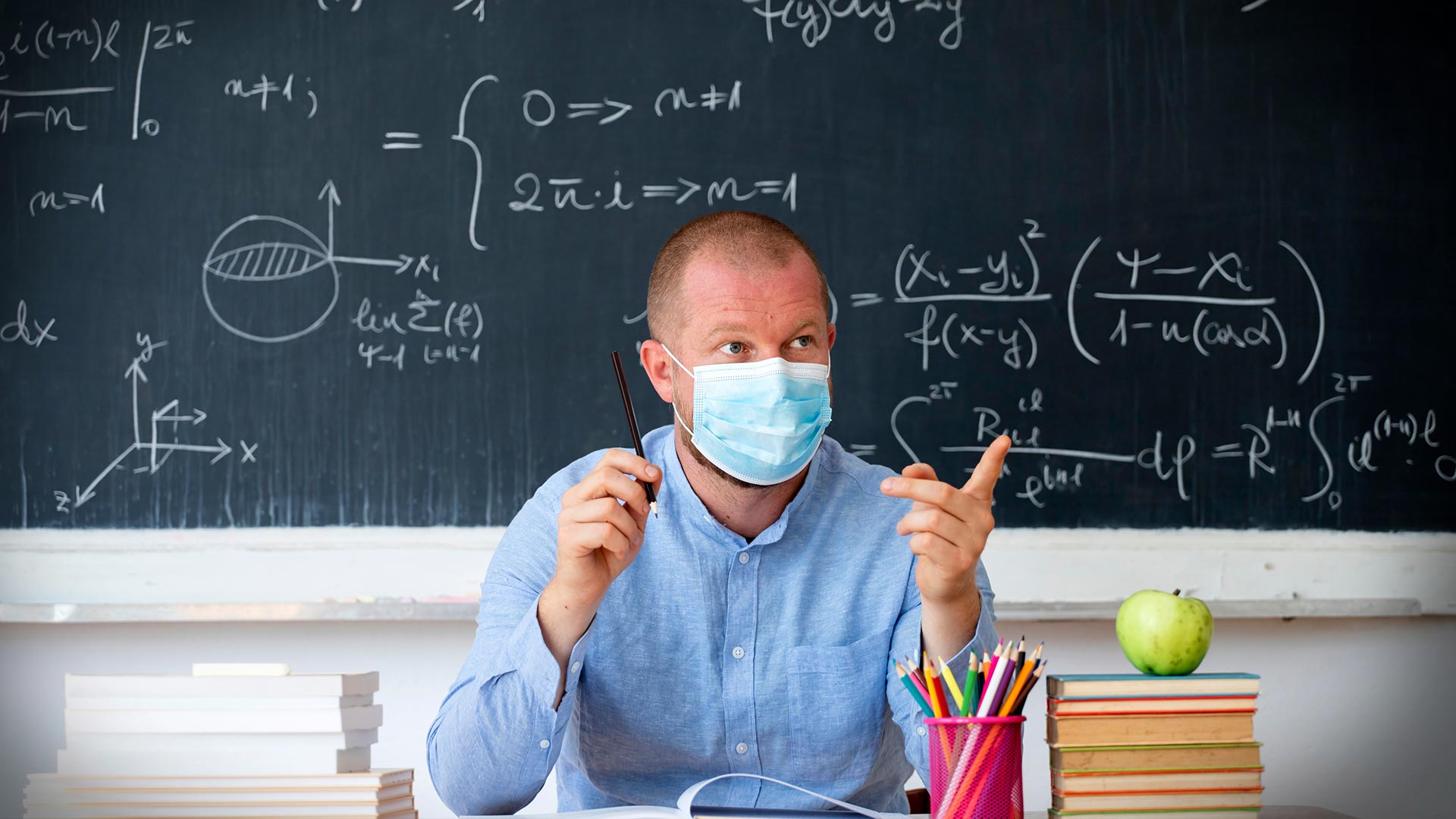Coursework for Licensure
Below is the coursework needed to fulfill licensure requirements in Minnesota. Coursework is included in your program of study. You may have completed some of these requirements as an undergraduate. Our admissions team will help you to determine which requirements if any are met via the transcript review process.
Credits for license and MA: 34+
Required courses for the license:
TEGR 510 Education: Issues and Policies
TEGR 512 Diversity and Cultural Competence
TEGR 530 Psychology for Teaching and Learning
TEGR 532 Field Experience II: Learning & Teaching
TEGR 517 Curriculum & Instruction: (5-12) Math
TEGR 541 Field Experience III: Curriculum & Instruction
TEGR 585 Reading for the 5-12 Teacher
CIED 551 Learning Design with Technology
TEGR 660 Clinical Practice & Seminar: Student Teaching
Mathematics Licensure Requirements (if not taken as undergraduate)
CIED 670 Assessment for Learning
Mathematics Co-Major Requirements
MATH 113 Calculus I (or 108-109)
MATH 114 Calculus II
MATH 200 Multi-Variable Calculus
MATH 240 Linear Algebra
MATH 301 Abstract Algebra [spring]
MATH 317 Real Analysis [fall];
MATH 325 Geometry [even springs only]
MATH 450 Advanced Mathematics: Exploration & Exposition [even years, fall]
PLUS:
MATH 303 and MATH 3xx Statistics for the Applied Sciences and one additional course 300 and above
OR
MATH 313 and STAT 314 Probability [spring] and Mathematical Statistics [fall]
TEGR 541 Field Experience III - taken with TEGR 517 (40 hours)
TEGR 585 Reading for the 5-12 Teacher
TEGR 660 Clinical Practice & Seminar
CIED 551 Learning Design with Technology
